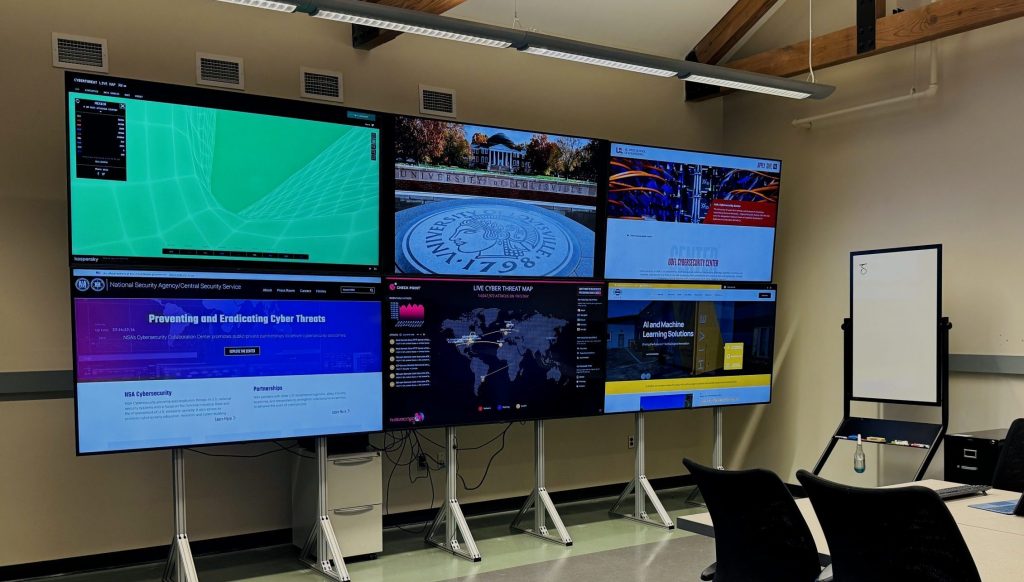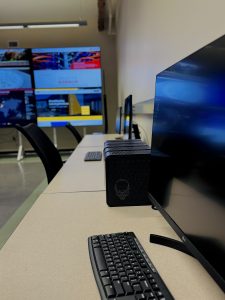Cybersecurity Facilities

1. Research Focus and Achievements
Established in 2008, the lab has pioneered research in areas such as “Artimetrics,” a field dedicated to identifying, classifying, and authenticating non-human entities like robots and software agents. This work is instrumental in enhancing digital security and customization.- Applications: Research outcomes include enhanced techniques for securing networks and devices against malicious activities.
2. Leadership and Academic Excellence
The Cybersecurity Lab is a recognized hub for cybersecurity education and innovation, with contributions from experts across various domains. Dr. Roman V. Yampolskiy, a distinguished professor with over 100 publications, plays a pivotal role in advancing AI safety within the lab, particularly in areas such as behavioral biometrics and cyber forensics.
Director Profile: While Dr. Yampolskiy is a leading figure in AI safety, the lab’s broader leadership and direction encompass a diverse team of specialists driving research and education in cybersecurity.
3. Educational Opportunities
 The lab provides students with hands-on experience in cybersecurity research, offering workshops, collaborative projects, and access to advanced tools. Students engage in real-world problem-solving, preparing for careers in cybersecurity.
The lab provides students with hands-on experience in cybersecurity research, offering workshops, collaborative projects, and access to advanced tools. Students engage in real-world problem-solving, preparing for careers in cybersecurity.
- Student Engagement: Opportunities include applied research and interactive coursework focused on network security.
4. National Recognition
The University of Louisville is recognized as a National Center of Academic Excellence in Cybersecurity Education (NCAE-C), reflecting its commitment to excellence in cybersecurity education and research.
- Recognition and Impact: This designation emphasizes UofL’s leadership in fostering cybersecurity talent and innovation.
5 . CyberEDU Compute Cluster
The CyberEDU Compute Cluster at the University of Louisville’s Speed School of Engineering is designed to support cybersecurity students by offering hands-on, lab-based learning experiences. Located in the Computer Science & Engineering department, this cluster can run over 2500 virtual machines at the same time, enabling hundreds of students to engage in lab assignments simultaneously. It was created to support the practical, lab-oriented coursework required in cybersecurity education. To make setting up these labs easier, CyberEDU uses a custom front-end interface that allows instructors to quickly create virtual lab environments using templates and pre-configured network settings. This means that complex lab setups can be deployed within seconds, giving students access to realistic cybersecurity scenarios and tools they will likely use in their future careers.


